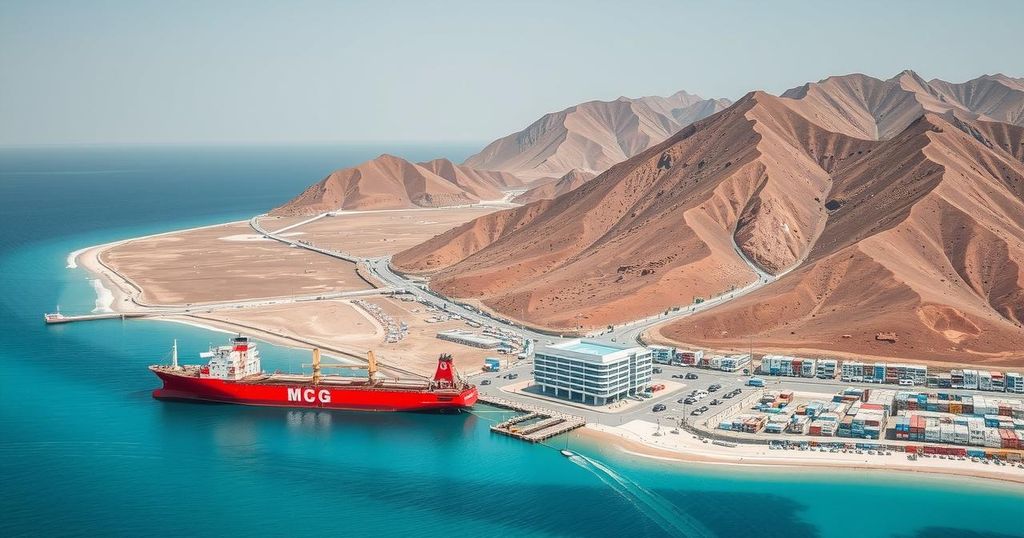Djibouti serves as a key investment location for Chinese companies under the Belt and Road Initiative, focusing on various sectors like infrastructure. However, the country’s harsh climate and low agricultural productivity limit its economic capacity, leading to a dependence on imports. The emergence of the Djibouti Salt Investment Company signifies attempts to capitalize on local resources, yet geopolitical tensions in the Red Sea pose significant challenges for future investments.
The significance of Djibouti as an investment hub for Chinese firms has been notably enhanced by its strategic location, which is central to international shipping routes. Under the Belt and Road Initiative, Chinese investments have proliferated in various sectors including infrastructure, particularly ports and transportation. However, Djibouti’s economic landscape presents challenges, such as its limited manufacturing capability and its harsh climate, which confines agricultural productivity to a mere 1 percent of GDP. Consequently, the nation remains heavily reliant on imports to meet its economic needs.
Moreover, Djibouti is endowed with Lake Assal, noted for being home to the world’s largest salt reserve and ranking as the second-saltiest body of water. Despite this valuable resource, it has historically been underutilized, thereby hindering the economic advancement of local communities and attracting potential investors. Following the acquisition of a majority stake in an American-held salt company by China Communications Construction Company in 2015, this venture was rebranded as the Djibouti Salt Investment Company, aiming to harness the region’s natural resources effectively.
While China’s investments in Djibouti continue to flourish, concerns loom regarding the impact of the ongoing crisis in the Red Sea region. These geopolitical tensions may complicate the operational landscape for Chinese enterprises,potentially influencing their future prospects in Djibouti.
Djibouti’s strategic geographical positioning along crucial maritime trade routes has made it a focal point for foreign investments, especially from China, which views the country as critical to its Belt and Road Initiative. Chinese investments have primarily targeted infrastructure development, including ports and railways, contributing significantly to Djibouti’s economic landscape. However, the country faces inherent limitations such as a barren climate that restricts agricultural capacity and a dependency on imports, challenging sustainable growth prospects. Furthermore, the historical underutilization of natural resources like salt raises concerns about economic diversification and local community enrichment.
In summary, while Djibouti presents lucrative opportunities for Chinese investors through its positioning and projects under the Belt and Road Initiative, the current tensions in the Red Sea may pose considerable obstacles. Investors must navigate the complexities of the local economy, which is affected by limited manufacturing capacity and a reliance on imports. The situation requires careful evaluation to balance investment growth with geopolitical risks.
Original Source: www.scmp.com






